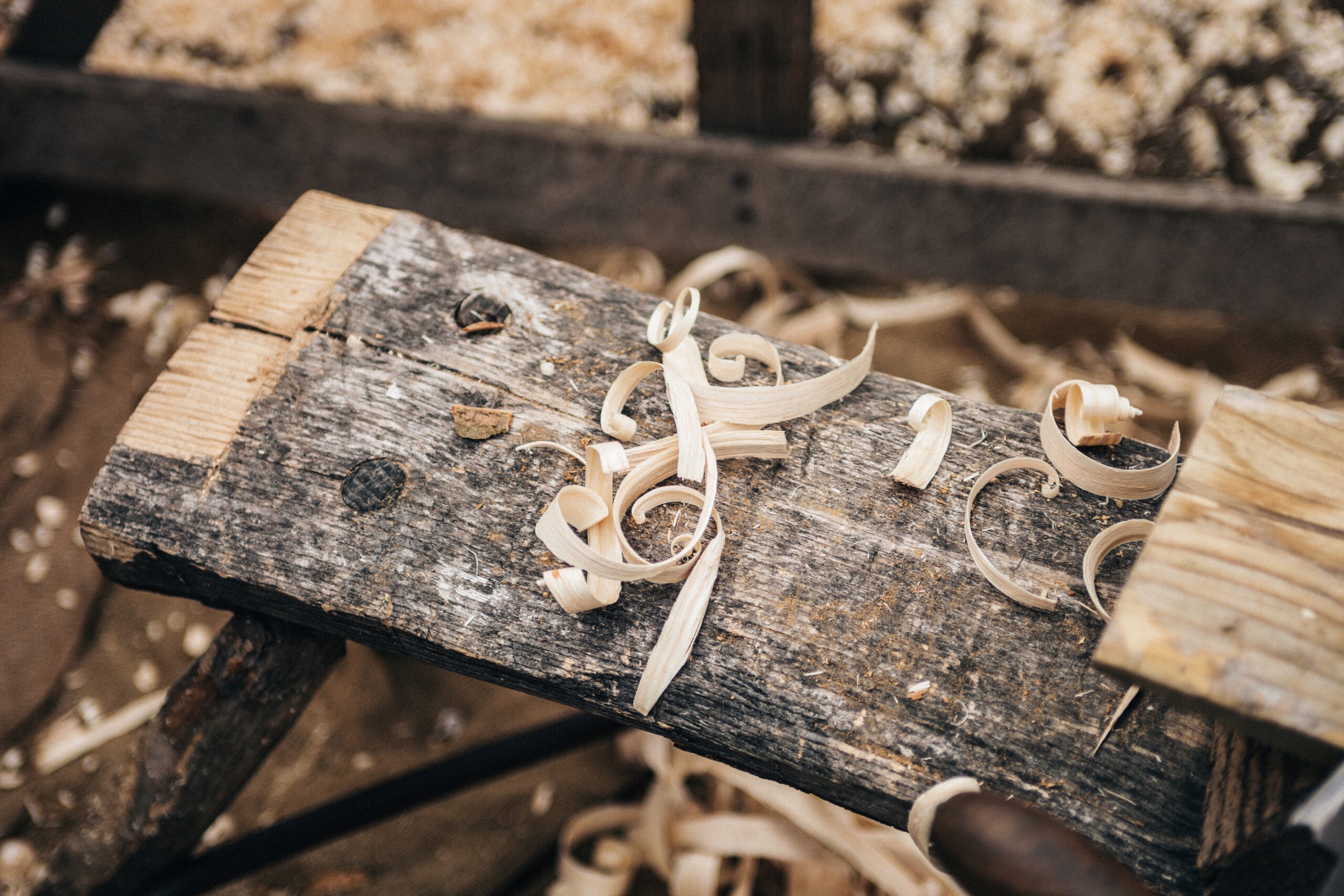Environmentally friendly products have polarized public opinions. Duncan Wolf from the University of Eastern Finland wants to study why some people dislike them so much.
“I’ve always been interested in sustainable lifestyles. That’s why the subject of my PhD study evolved quite naturally from my master’s thesis, where I looked at air travel. I want to study how interpersonal relations affect our consumption behavior and the adoption of new innovations, especially wood-based innovations, such as plastics, fuels and textiles.
Like you saw in the United States’ presidential elections, there is a lot of conflict between different sides of society. You see that in environmentally friendly consumption as well. There’s a lot more emotion about that than traditional innovations. My research wants to look at how these conflicts affect the adoption of innovations.
People often talk about marketing, but actually our consumption behavior is very dependent on our social circles. People might be resistant to eco-friendly products because they want to fit in with peers. I want to know how communication from people around you can have a negative impact on your environmental behavior. I will be looking at how it might be possible to counteract that kind of interpersonal discourses. That information could help companies promote their products to consumers who are not yet interested in environmentally friendly consumption.
Changing behavior is slow. A lot of what people do is quite ritual, there’s only so many options that you try. It takes a lot of mental work to change your behavior. If you have a stressful life, you try to keep things the same way.
There is a debate between should you be promoting more sustainable consumption or stop consumption altogether. It’s a difficult question, but I think you can’t really go from consuming to not consuming at all. It can be a gradual shift from sustainable consuming to consuming less. This study can help us with that.”

